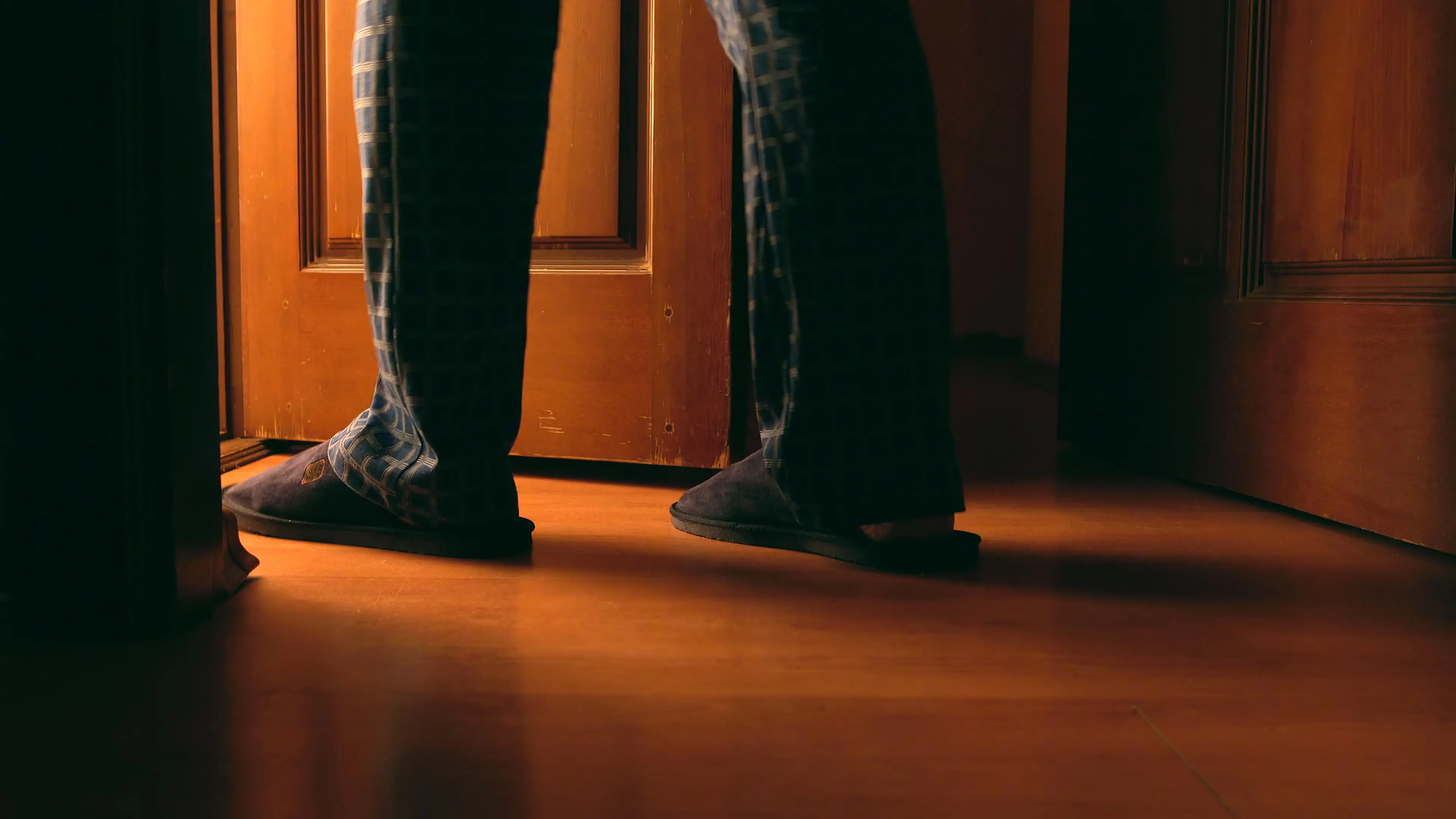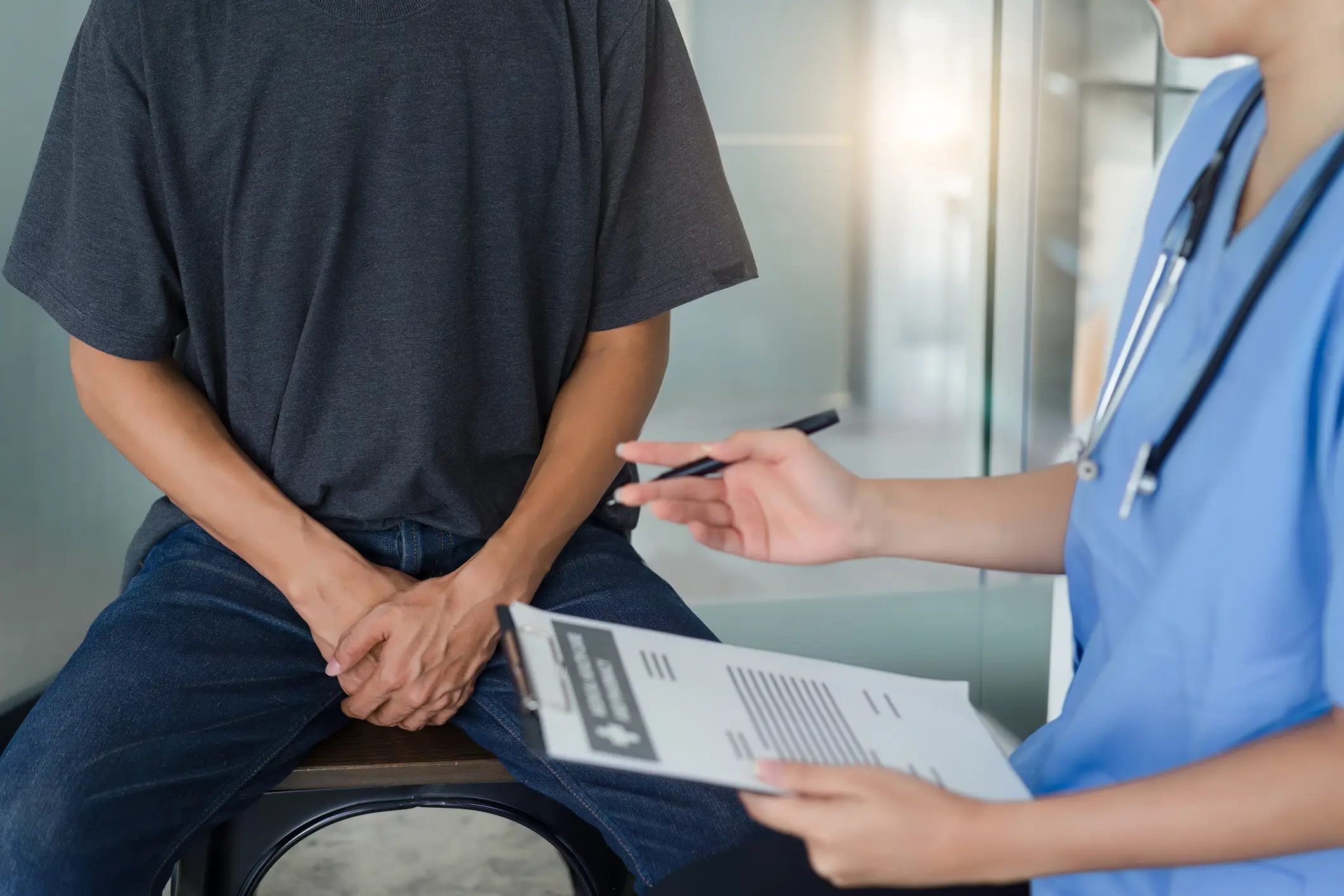
It's not uncommon to be rudely awoken by your body needing to relieve itself during the early hours of the morning, we've all been there.
However, one oncology doctor was warned that anyone who finds themselves repeatedly getting up too pee during the night may want to make an appointment with their GP as it can be a warning sign for a certain type of cancer.
Expected to impact around one in eight men during their lifetime, prostate cancer is one of the most common types of the disease in the UK.
According to statistics shared by Prostate Cancer UK, around 50,000 men are diagnosed with the disease every year — making it the most commonly occurring cancer in men.
Advert

What are the symptoms of prostate cancer?
Symptoms of prostate cancer typically include:
- a difficultly urinating or fully emptying your bladder
- a sudden urge to urinate
- a feeling that your bladder hasn't emptied properly
- a weak flow when urinating
- blood in urine
- needing to urinate more
Another common symptom involves sudden and unexpected changes to when and how often you urinate, particularly if you suddenly find yourself needing to go several times at night.
Explaining the importance of taking note of such symptoms, Dr Jiri Kubes, an expert in radiation oncology at Proton Therapy Center, told The Mirror: "Getting up to use the toilet in the night is very common and tends to occur more often as we age, so it's not something to be concerned about on its own. But if you notice changes to your toilet habits, such as a new need to empty your bladder more often, then it's always worth getting checked out.
"The same goes for any other changes in urinary habits that are unusual for you."

Now, this isn't to say that you need to be thinking worst case scenario every time you find yourself visiting the bathroom at 3am, but it's always important to keep an eye out for changes to your urinary habits.
Dr Kubes also notes that changes to your urinary habits may not always be cancerous either, with conditions such as benign prostate enlargement (BPE) being common in men as they get older.
Common in men over the age of 50, BPE can mimic the symptoms of prostate cancer and is treated by either medication or surgery.
"Many of these changes in urinary function are associated with this, so they are not necessarily a sign you have cancer," Dr Kubes added.
"It's always a good idea to discuss any changes in your toilet habits with your doctor so they can investigate the cause of the symptoms and rule out something sinister."